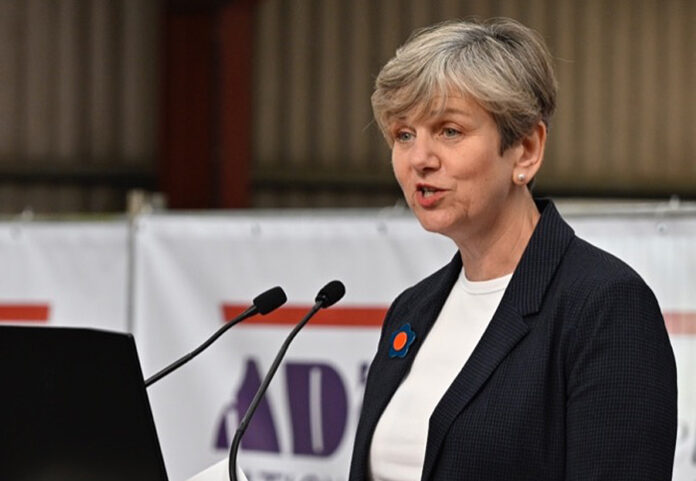Latest News
What’s Happening In The Industry?
From DVLA and DVSA updates to government changes and ADINJC meetings, stay in the loop regarding everything that’s going on in the driving sector. We provide regular insights from industry experts right here.
Sign up as a member and receive email updates straight into your inbox.
Spotlight News from the ADINJC
Read comments and insights from the experienced team comprising past and present ADIs on the latest driving instructor news.
- Search the news
- Misc
- National News
- News
- Newsflashes
- Spotlight
- The Driving Test
- Your Business
15 November 2024
Reckless driving hotspots revealed: The UK’s worst offenders urged to prioritise safety this Christmas
16 October 2024
New Minister for the Future of Roads addresses record audience at Driving Instructor National Conference
1 April 2020
Important update – ADINJC & Intelligent Instructor Conference & Expo – North has been cancelled
Was this article helpful?
YesNo





































